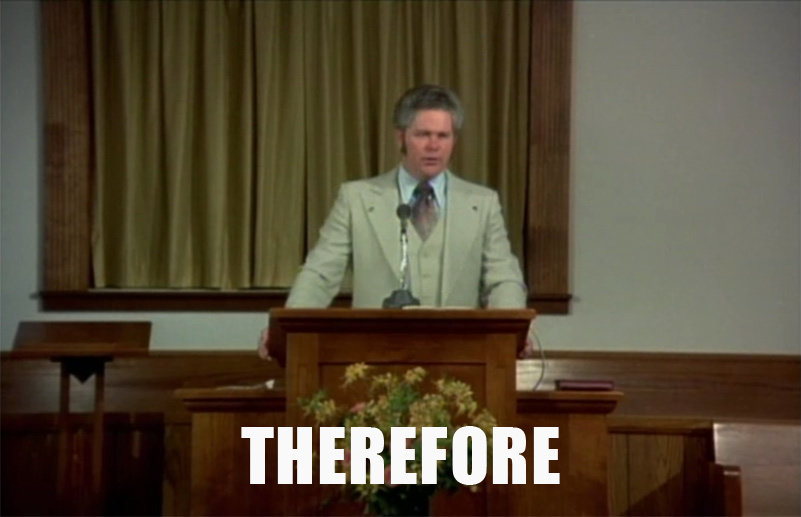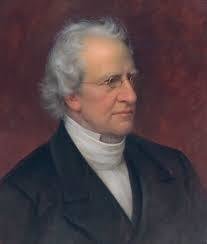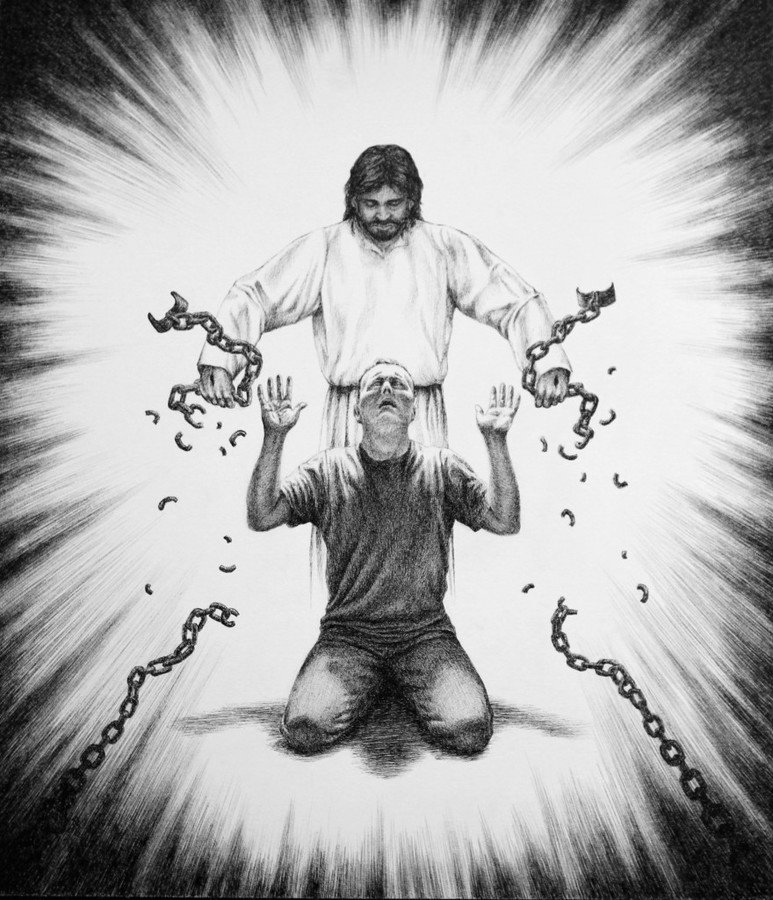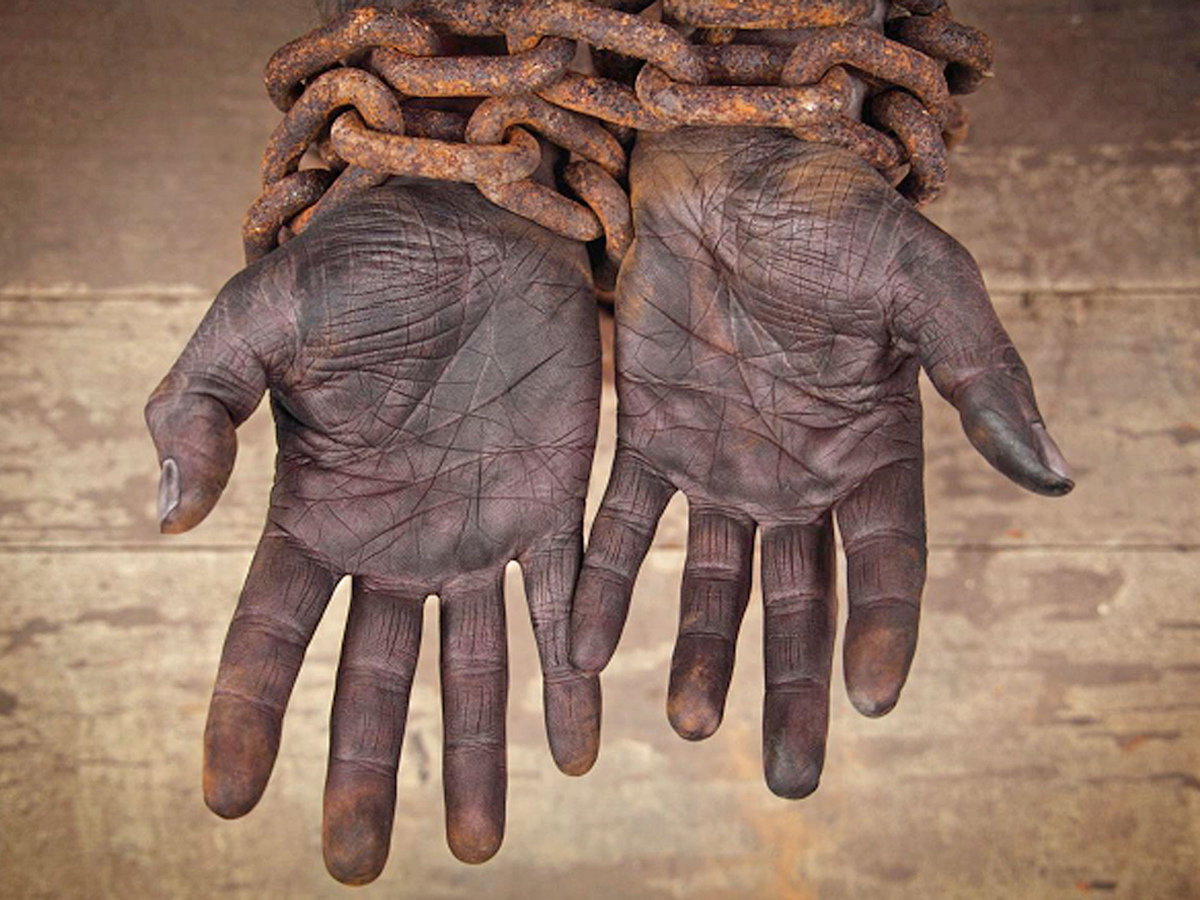1 Introduction
Overview
- relationship between righteousness and the Law
- human problem is the lack of righteousness
- "There is none righteous, not even one." (3:10)
- God's wrath is manifested toward sinners
- But God also manifests His righteousness by saving some
- He does this by pouring out this wrath on His son, Jesus
- All are made righteous by faith are declared righteous by faith
Overview
- relationship between righteousness and the Law
- The Law cannot save anyone
- Even Abraham was justified by faith
- He was declared righteous because he believed God's promise
- It only condemns all for failing to meet God's standard
- It only defines righteousness and bears witness to the righteousness of God which has manifested in the person of Jesus Christ
Overview
- Human justification is by faith alone, apart from works
- The Law cannot sanctify
- We are not saved in order to live in sin
- We are saved so that God might manifest His righteousness through us
- This is not done by making and keeping rules
- To be freed from sin, we must be freed from serving the Law
Foundation
- Human unrighteousness is the reason for God's judgment
- Provision of righteousness by faith in Jesus Christ
- Righteousness is provided by the gospel
- it is also required by the gospel
- Whom God has justified, He has saved
- These are called to live out God's righteousness before others
Foundation
- When we are united with the person and work of Christ by faith
-
- we die to the penalty of sin
- we die to the practice of sin
- we die to the power of the Law over us
- the real culprit is the flesh
- sin dominates this
- the Holy Spirit enables our dead bodies to overcome sin
- this same way Jesus was resurrected
Romans 7:1–6
Or do you not know, brothers and sisters (for I am speaking to those who know the law), that the law is lord over a person as long as he lives? 2 For a married woman is bound by law to her husband as long as he lives, but if her husband dies, she is released from the law of the marriage. 3 So then, if she is joined to another man while her husband is alive, she will be called an adulteress. But if her husband dies, she is free from that law, and if she is joined to another man, she is not an adulteress.
Romans 7:1–6
4 So, my brothers and sisters, you also died to the law through the body of Christ, so that you could be joined to another, to the one who was raised from the dead, to bear fruit to God. 5 For when we were in the flesh, the sinful desires, aroused by the law, were active in the members of our body to bear fruit for death. 6 But now we have been released from the law, because we have died to what controlled us, so that we may serve in the new life of the Spirit and not under the old written code.
2 Death liberates
from the Law (1)
Question
- "Or do you not know?"
- same as in 6:3 and 6:16
- rhetorical and tactful question
- underscores the continuity from Romans 6

"brothers and sisters"
- speaking particularly to the Jews
- they "know the law"
- Gentiles abuse grace as a license to sin
- Jews strongly advocate legalism
- imposed the Law on Moses (Acts 15)

Video on Acts 15
- also refer Acts 21:20–26
Any law
- no definite article
- any law has jurisdiction over a person as long as they are alive

"Under grace"
- Not under the Law, but under grace
- repeated in 6:14
- freed from the law by death
- applies only to those while they are alive
- the dead are released from the law
- a criminal is no longer subject to prosecution

A view from the Hearse
- sanctification "from the hearse"
- the death and resurrection of Jesus
- every Christian is joined to Christ in his death
- by the baptism of the Holy Spirit
- attention to our own death
- union with Christ in his death frees us from the Law

3 Illustration from Marriage
Practical example
- married woman is bound to her husband by law
- thus not free to marry another man
- else it would be adultery
- death changes everything

Principle
- the Law has authority over those alive
- death frees one from the Law and its bondage

4 Christians freed
from the Law (4–6)
Repetition
- 6:14
- not under the Law; we are under grace
- Rom 6:1–11
- Christians have died to sin
- now raised to newness of life


Therefore
- marks the transition from axiom and analogy to application

"my brethren"
- more gentler and personal than v 1
"Were made to die"
- Christians
- completeness and finality of death
- passive verb
- divine act of God in response to faith in His son

Dead to the Law
- believer is freed from their relationship to the Law
- now free to join another husband, Jesus Christ
- Eph 5:24–27; 2 Cor 11:2

Emphasis of Romans
- salvation produces total transformation
- purpose of being joined is to bear fruit for God
- the transformed life will bear fruit for God
- 2 Cor 5:21; Eph 2:10; Gal 2:19–20

Charles Hodge
"As far as we are concerned, redemption is in order to produce holiness. We are delivered from the law, that we may be united to Christ; and we are united to Christ, that we may bring forth fruit unto God… As deliverance from the penalty of the law is in order to produce holiness, it is vain to expect that deliverance, except with a view to the end for which it is granted."

Godly fruit
- in attitude and action
- Gal 5:22–23
- love
- joy
- peace
- kindness
- goodness
- faithfulness
- gentleness
- self-control
- Jn 15:1–2

Old life as unbelievers
- they were in the flesh
- moral and ethical sense
- Rom 8, Gal 5, Eph 2
- "You are not in the flesh but in the Spirit if indeed the Spirit of God dwells in you. But if anyone does not have the Spirit of Christ, he does not belong to Him." (Rom 8:9)
- no longer in the flesh
- but the flesh can manifest itself
Old life as unbelievers
- sinful passions
- aroused by the Law
- apart from the Law we would not know good from evil (7:7)
- it makes a person do the things that are forbidden
- unceasing work of sinful passions
- in the body
- bears fruit for death
- work = operate with power, "energy"
5 The Affirmation (6)
"But now"
- introduces the heart of this passage
"released from the Law"
- Jesus' death releases us from all liabilities and penalties under God's Law
- not a freedom to sin
- for the first time a freedom to do what is righteous
- not just ABLE to do what is right
- he WILL do what is right

free to serve
- "douleuo"
- not the voluntary service of a hired worker
- bondslave, sole purpose of existence is to obey the will of his master
- "But now, we were discharged from the law, having died to that in which we were constantly held down, insomuch that we are rendering habitually a bondslave's obedience."


how we serve
- not in the oldness of the letter
- in the newness of the Spirit
- a fruitless Christian is not a genuine Christian
- Jn 15:1–2
6 Conclusion
Progression
- when justified by faith through the grace of Jesus Christ
- we are secure (Rom 5)
- holy (6)
- free, fruitful, and serving (7)
Importance of the Law
- still important
- for the first time, able to meet its demands for righteousness
- now a new nature
- God's Holy Spirit to empower our obedience
- genuinely eager to live by the Law's godly standards
Love the Law
- Ps 119:97
- we love and serve with a full and joyous heart
deck
By Jonathan Bangera
deck
- 344



